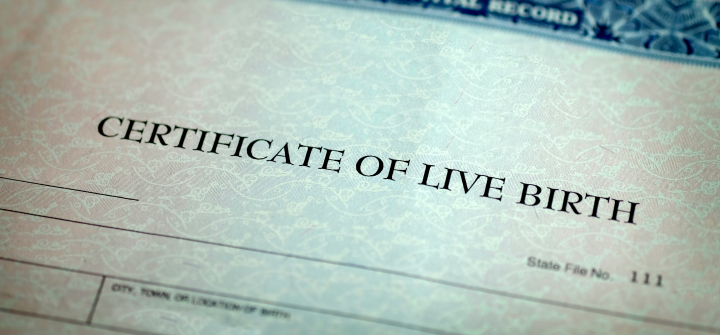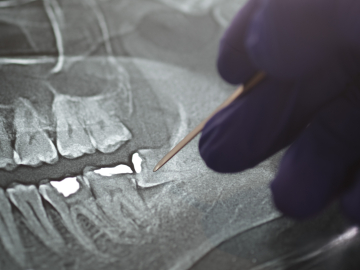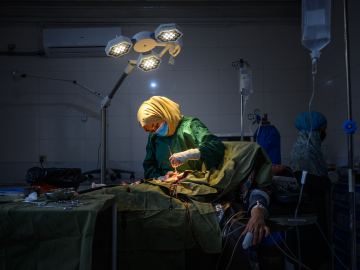‘My Name is Moisés Sabido García.’
I wanted to take Mandarin, but my parents made me take Spanish—which is ironic because I was fluent in Spanish. But my parents had this whole notion that if your transcript shows you’re bilingual, you get paid more. They mapped it out when we met with my high school counselor freshman year.
Thinking back, that meeting was so awkward. Not just because my language classes were out of my hands, but because the counselor insisted that I use the name on my birth certificate: Moisés Sabido García.
“He’s never used ‘Garcia’ before.”
My parents and I were frustrated—Garcia was my mother’s last name, Sabido was my father’s, and I had always been Moisés Sabido.
The counselor was unconcerned.
“You’ll register with both last names, and you can petition to get it off.”
I was never able to get it off.
So there I sat with my three names in Mr. Acosta’s bungalow of a classroom during my junior year. I’d had him the year before and he was my least favorite teacher, but he was the only option for AP Spanish so that was out of my hands, too. He went on tangents and said weird stuff that I was uneasy about, like how 1 in 100 trees are actually cell phone towers being used to spy on us or how McDonalds was created to genetically modify our bodies with plastic.
But that year, the tangents got personal.
Mr. Acosta was standing at the podium in the middle of the room with the class roster in his hands, taking attendance. He paused at my name.
“Moisés tu eres un semi-fake Latino,” he announced to the entire class.
I locked eyes with him.
“You haven’t been using the accents in your name. Your name is not Moises, it's Moisés.”
I felt dazed. I knew that Mr. Acosta was pretty ignorant about cell phone towers but being that he’s from El Salvador, he should know what he’s talking about when it comes to Latin culture. In that moment, a tornado of emotions and questions about who I was spiraled in my head.
When I got home, I went straight up to my room, put my computer on my desk (which was actually my bed but I used it like a desk), opened the browser, and searched—“What is my name?”
When you do a desperate internet search by yourself in the middle of a giant identity crisis, it’s never great. “Accents in names?” “Birth Certificates?” Does Google know who I am?
I landed on an article and found that California is one of the few states that does not allow you to put accents in your name on official documents. Apparently, a proposed bill in 2015 tried to change this by updating the state computer system. It failed because of its estimated cost of $10 million dollars.
In a state that loves to brag about how much they embrace their Latin communities, how could this be? The state, the school, the counselor, the teacher—all of them part of a system defining my name. And sure, it’s just my name. But it’s also my name.
It’s a first point of contact. It’s how a new person or a new school gets introduced to me. And it reconnects me to a heritage that not even my parents had fully integrated, since they let the accent on my name slide until Mr. Acosta threw it back in my face.
All because some programmer who definitely did not look like me or have a name like mine, chose to design a system whose parameters did not consider me.
Sit on that for a second.
None of us can be confident that we’re creating and maintaining systems that include everyone. So as an engineering undergrad, I hope that we listen carefully to one another. Closely enough to pick up voices we can barely hear. Voices that have been lost in translation, or assimilation, or marginalization.
Hi, my name is Moisés. Did you hear that? Today, in this space, I feel like you did. Now go hear someone else.
Moisés Sabido García is a student at Olin College of Engineering, Class of 2024.
Editor’s note: Bill 77, which would require the use of diacritical marks on birth certificates and other official documents in California, was being considered by the state legislature in the spring of 2023.
Read more “Living Science” stories here.
Join the 50,000+ subscribers in 170+ countries who rely on Global Health NOW summaries and exclusive articles for the latest public health news. Sign up for our free weekday newsletter, and please share the link with friends and colleagues.




